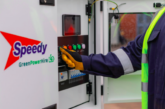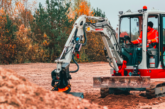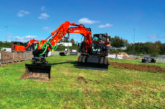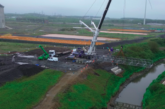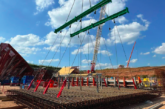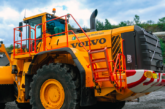The European Rental Association (ERA), the voice of the equipment rental industry, welcomes the publication of the European Commission’s proposal enshrining the principle of climate neutrality into EU law.
“Climate neutrality by 2050 is the right objective at the right time,” said ERA Secretary General Michel Petitjean. “What’s more, the construction equipment rental industry is ideally placed to help Europe achieve its ambition, since as an inherently circular model, it can help minimise the carbon footprint of construction equipment and bring us closer to meeting the Paris climate goals.”
A new independent study shows that renting construction equipment helps reduce carbon emissions and that by sharing equipment and optimising its use, the rental industry lowers the construction sector’s overall climate impact. These emissions reductions can be significant, ranging from 30% up to 50% over its full life cycle for rented versus fully owned equipment, depending on how it is used.
“Renting helps avoid emissions by optimising equipment adequacy, transportation, utilisation rates, and maintenance,” continues Michel Petitjean. “This leads to greater efficiency, fewer emissions, and increased longevity for the equipment in question. Thus, in many ways, our business model goes hand in hand with the need to reduce emissions and achieve climate neutrality.”
But our industry should not be doing this alone. EU policymakers can help by driving awareness of renting to curb CO2 emissions during the full lifecycle of construction equipment. The upcoming EU decarbonisation package constitutes a further opportunity to identify best practices for lowering the carbon footprint of the construction sector. One of these practices is encouraging construction equipment rental as an environmentally sound option compared to buying and owning equipment.
Michel Petitjean concluded: “As an industry we are ready to drive future discussions on how to further improve the sustainability of construction equipment, and we have already identified three areas for further efficiency gains, namely making responsible fuel and alternative energy choices, optimising logistics and transport, and ensuring proper recycling.”
“In conclusion, we are ready to work with policymakers to make the climate neutrality objective a reality for Europe.”


